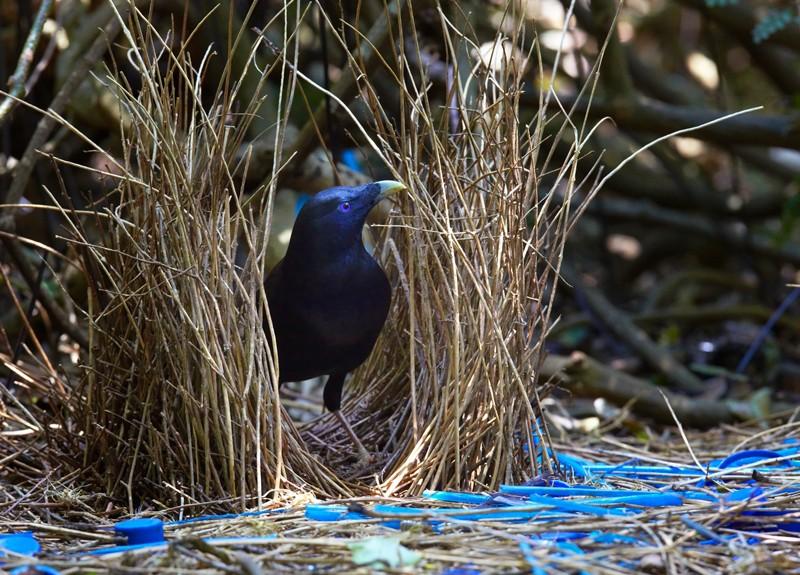A tour of the evolution of minds
An informative guide takes in archaea, birds, primates and more — overconfidently.
Look through a microscope at a macrophage cell pursuing, engulfing and consuming a bacterium, and it is hard not to impose a narrative: one is trying to catch the other, which is in turn trying to escape.
In Journey of the Mind, neuroscientists Ogi Ogas and Sai Gaddam imply that this interpretation is not fanciful. They argue that minds of a sort have existed since the first archaea colonized the planet, billions of years ago.
9
53 reads
CURATED FROM
IDEAS CURATED BY
Read & Learn
20x Faster
without
deepstash
with
deepstash
with
deepstash
Personalized microlearning
—
100+ Learning Journeys
—
Access to 200,000+ ideas
—
Access to the mobile app
—
Unlimited idea saving
—
—
Unlimited history
—
—
Unlimited listening to ideas
—
—
Downloading & offline access
—
—
Supercharge your mind with one idea per day
Enter your email and spend 1 minute every day to learn something new.
I agree to receive email updates


